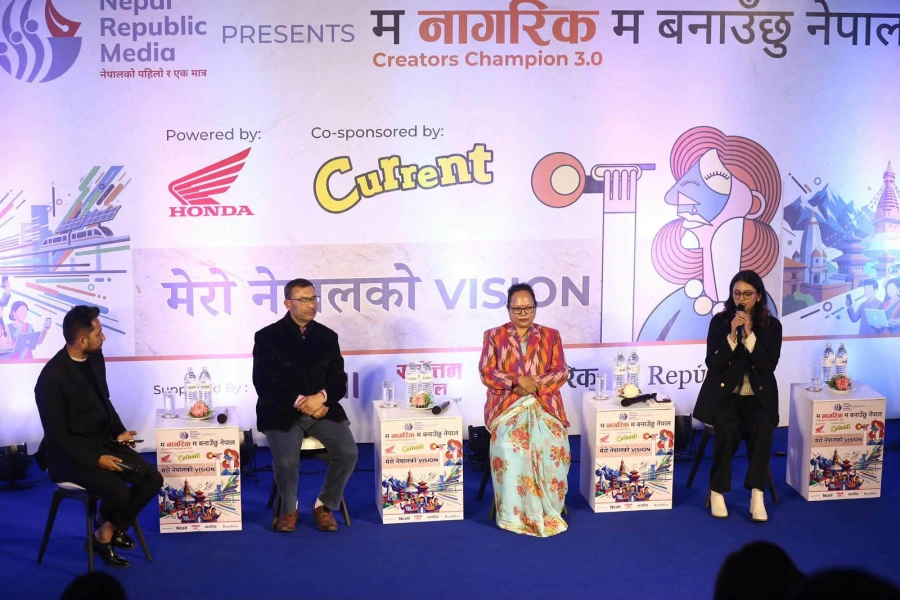Tribhuvan University (TU) officials have put forth the idea of reducing the current four-year bachelor's program to three years in order to alleviate the burden on Nepali students and parents. They cite countries like the UK and India as arguments for such a proposal and argue that Nepal should produce graduates for the country, rather than following the 4-year model used in America.
Countries like the UK, India, and New Zealand generally have three-year programs, while the US, Canada, and several other countries following the US education model use a four-year model. There are countries in Latin America that use a 5 to 6-year model.
'Four-year bachelor’s program has added burden on students'

The arguments presented seem somewhat misplaced and lack thorough assessment. Instead of delving into details, I will make two points.
First, we need to examine the issue of credit hour conversion between a 4-year and a 3-year program. For example, in England, Wales, and Northern Ireland, a bachelor's degree with honors requires 360 credits, with a conversion factor ranging from .25 to .5 to match US credit hours. The University of Canberra (Australia) requires 104 units (24 courses), whereas a typical US bachelor's degree requires 120 credits (40 courses). The point is that transitioning to a 3-year education timeline will require a thorough analysis about the breadth and depth of the program before making a leap to change Nepal's higher education system.
Second, it is important to envision what kind of educational experience we want to offer our students. The American 4-year bachelor's degree program aims to provide a broader educational experience, including liberal arts education, before guiding students towards specialization. In contrast, the three-year program, following the UK system, emphasizes the depth of subject matter.
In fact, the US system dedicates approximately 20-25% of the time to general courses (often referred to as liberal arts exposure) and another 20% to electives, offering potential interdisciplinary exposure. This system allows students to shift their educational trajectory if they develop different interests. For instance, a philosophy major could transition to medicine or physics, and similarly, a math major could explore fields like behavioral economics or psychology. One could argue that such flexibility might not be as readily available in a 3-year program, which primarily focuses on the subject matter.
This further strengthens the argument that the technical "faculties or colleges" like medicine and engineering should be integrated into the flagship university system alongside other disciplines like Arts and Sciences, rather than functioning as standalone institutes. This approach not only reduces costs but also fosters interdisciplinary synergism among various disciplines operating under the flagship university umbrella.
Hence, before implementing such a substantial change in our higher education system, we must carefully consider these factors. This note serves as a reminder to our TU officials to take a moment to pause and refrain from hastily adopting such a significant alteration, as it could potentially influence the country's educational landscape. This consideration is particularly pertinent as we engage in debates about reforms such as the 3-Tier model and the restructuring of TU into a seven-provincial university structure.





































